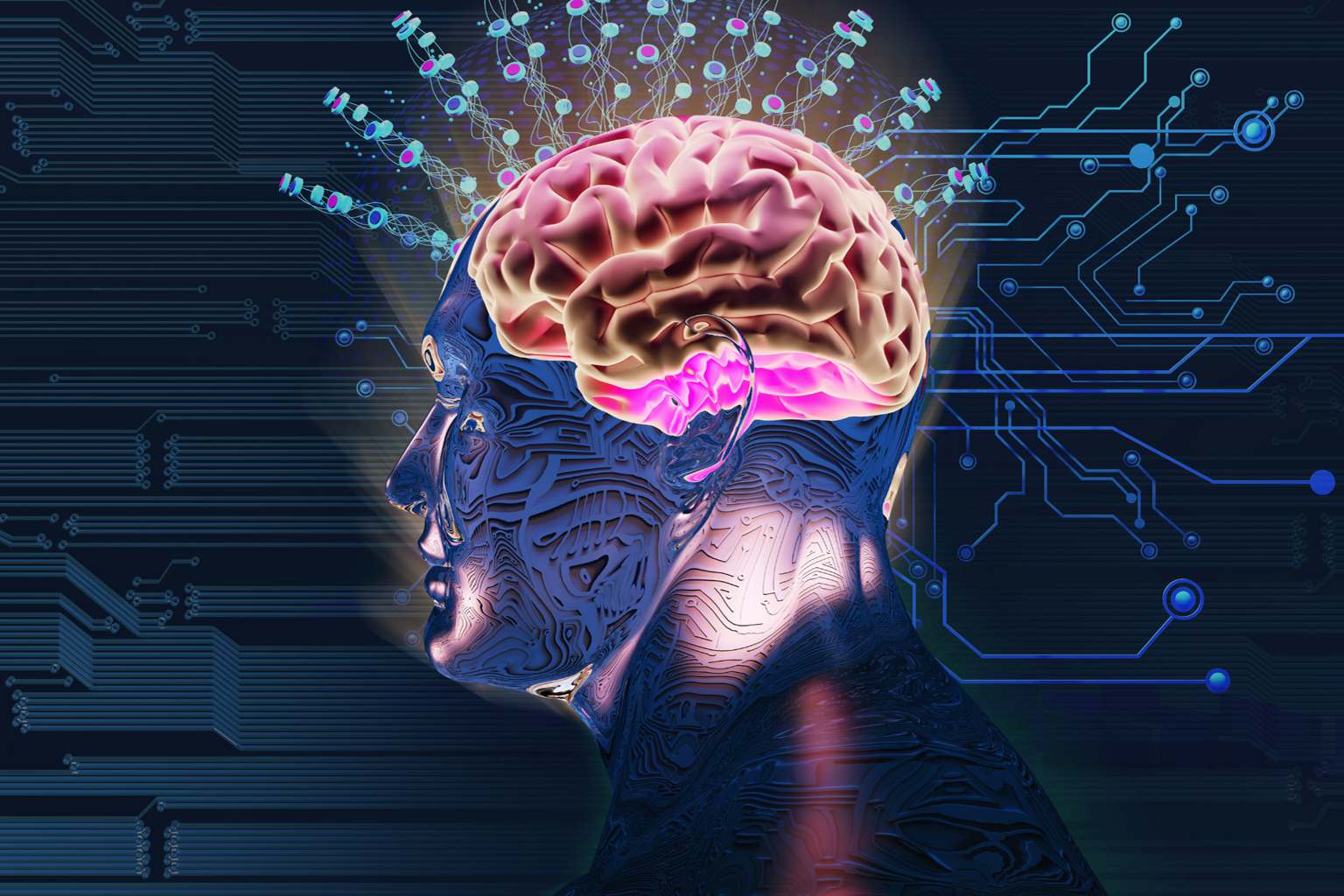In a world where the number of people affected by dementia and cognitive decline is rising, scientists are urgently searching for ways to keep our brains healthy without relying on medication. Surprisingly, the activity that stands out isn’t meditation or cracking open a book. Instead, it’s an approach that calls for active and constant engagement — a true workout for the mind.
the power of active learning for brain health
Active learning goes beyond passive or repetitive tasks. It emerges as the top way to stimulate the brain. Even in adulthood, our brains continue to create new neurons — a process called neurogenesis — but this requires regular mental challenges to thrive.
Engaging the brain in learning something new prompts it to build fresh neural connections, keeping it agile and strong. This means your brain isn’t just maintaining itself—it’s growing stronger every day.
stepping out of your comfort zone with new skills
Think of activities like learning a new language, trying the piano, coding, or even picking up sculpting. These experiences push your brain beyond familiar patterns. They call on your memory, creativity, problem-solving, and coordination — acting like a cross-training routine for your mind.
When I started learning to play guitar last year, I was amazed at how juggling chords and rhythms made me more focused in daily life. It wasn’t just fun — it rewired how my brain processed different tasks.
measurable benefits and fighting cognitive decline
The upsides of active learning are impressive. It improves memory in both the short and long term, boosts your ability to tackle complex problems, and helps your brain adapt to change — a vital skill in today’s fast-paced world.
While puzzles and crosswords keep your mind nimble, experts say sustained cognitive effort involving new challenges is what really drives deep, lasting brain health.
One important lesson I’ve learned is that regular practice matters hugely. Just 30 minutes a day of a challenging new skill made a noticeable difference in how sharp and adaptable I felt. The brain is like a muscle—use it or lose it.
Making time for these activities might feel overwhelming at first, but thanks to online classes, workshops, and apps, anyone can fit brain-boosting learning into their routine. The key is consistency.
What if we all embraced learning as a daily habit? Would society’s mental health improve? How do you keep your brain challenged? Share your experiences and thoughts in the comments below — let’s start a conversation to inspire each other.
Sources:
https://www.healthline.com/health/mental-health/active-learning-for-brain
https://www.ncbi.nlm.nih.gov/pmc/articles/PMC6158855/
